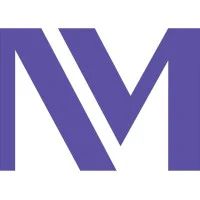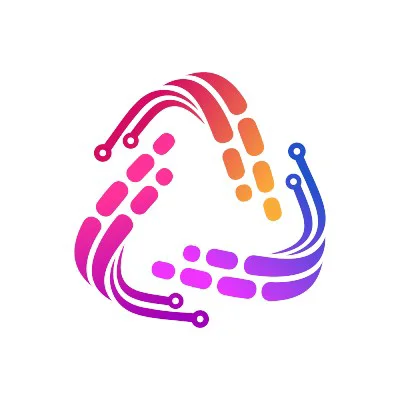Scientist, Translational Medicine
closed
Natera
Summary
Join Natera as a Scientist, Translational Medicine, leveraging your expertise in transplantation immunology and clinical data analysis to drive innovation. Collaborate with cross-functional teams to lead clinical studies, generate actionable insights, and contribute to scientific publications. This role blends data science, clinical research, and translational medicine. You will be responsible for in-depth knowledge of internal organ health's clinical data, data analysis and study planning, collaboration with cross-functional teams, publication and communication, and future product strategy. The position requires a Ph.D. in a related field and minimum 2+ years of postdoctoral or industry experience. Competitive compensation and benefits are offered.
Requirements
- Hold a Ph.D. in Transplantation Immunology, Immunology, Molecular Biology, Genomics, Bioinformatics, Genetics, or a closely related field
- Possess minimum 2+ years of postdoctoral or industry-related experience (post-Ph.D.)
- Demonstrate a solid scientific understanding of transplantation at both the molecular and clinical level
- Demonstrate data analysis skills using Python
- Be comfortable designing and executing robust statistical analyses; be proficient in data interpretation and presentation
- Possess working knowledge of clinical trial processes, IRB requirements, and relevant FDA or equivalent regulations
- Be adept at juggling multiple projects, prioritizing tasks, and meeting deadlines in a fast-paced environment with shifting priorities
- Possess excellent verbal and written communication skills; be able to convey complex scientific concepts to both technical and non-technical stakeholders
- Employ a solutions-oriented approach; identify potential challenges or risks and propose effective resolutions
- Possess strong interpersonal skills; have experience leading or collaborating with cross-functional teams, including data science, clinical operations, and external stakeholders
Responsibilities
- Possess In Depth Knowledge of Internal Organ Health’s Clinical Data
- Serve as the primary point of contact for all internal clinical data relating to transplant
- Track the types and sources of data (e.g., EHR, real-world data, investigator-led trials) to optimize its use for medical education, publications, and product development
- Reinforce processes for data governance, ensuring data accuracy, quality, and regulatory compliance
- Act as Subject Matter Expert (SME) for Organ Transplant
- Provide transplantation immunology and clinical care expertise for scientific communication and product development core teams
- Stay current with cutting-edge research and emerging best practices in transplantation immunology
- Design and execute clinical data analyses to answer complex biological, scientific, and clinical questions in solid organ transplantation
- Support the planning of studies (including investigator-led and external databases), collaborating with clinical operations to ensure appropriate data capture, study design, and protocol development
- Provide coding and statistical support using Python (required) and R (preferred) for data exploration, modeling, and interpretation
- Work side-by-side with data scientists and biostatistics team to perform robust analyses on organ health datasets
- Partner with internal teams such as clinical operations, research & development, biostatistics, product management, external site investigators, and key opinion leaders to ensure efficient execution of studies and trials
- Support external databases (e.g., EHR, UNOS) in coordination with clinical operations and data management teams
- Collaborate with relevant stakeholders on the preparation of abstracts, posters, and manuscripts for peer-reviewed publications and academic conferences
- Present results to internal and external audiences, including clinicians, academic partners, and cross-functional stakeholders
- Translate technical findings into clear, actionable insights for decision-makers across the organization
- Work with clinicians and product managers to transform product requirements into technical specifications for future organ health products
- Maintain awareness of novel technologies, competitor offerings, and market trends to help shape strategic product roadmaps
- Collaborate with colleagues who have deeper renal-genetics expertise when needed
- Comply with HIPAA/PHI privacy regulations and complete required training within the first 30 days of hire
- Maintain a current status on organizational training requirements and pass a post-offer criminal background check
Preferred Qualifications
- Have experience or familiarity with renal genetics
- Demonstrate data analysis skills using R
- Possess experience with SQL or other database query tools
- Demonstrate familiarity with machine learning algorithms, computational modeling, or other advanced data science methodologies
Benefits
- Competitive compensation and benefits aligned with industry leadership in cell-free DNA technology
- Comprehensive medical, dental, vision, life and disability plans for eligible employees and their dependents
- Free testing for employees and their immediate families
- Fertility care benefits
- Pregnancy and baby bonding leave
- 401k benefits
- Commuter benefits
- Generous employee referral program
Similar Remote Jobs






